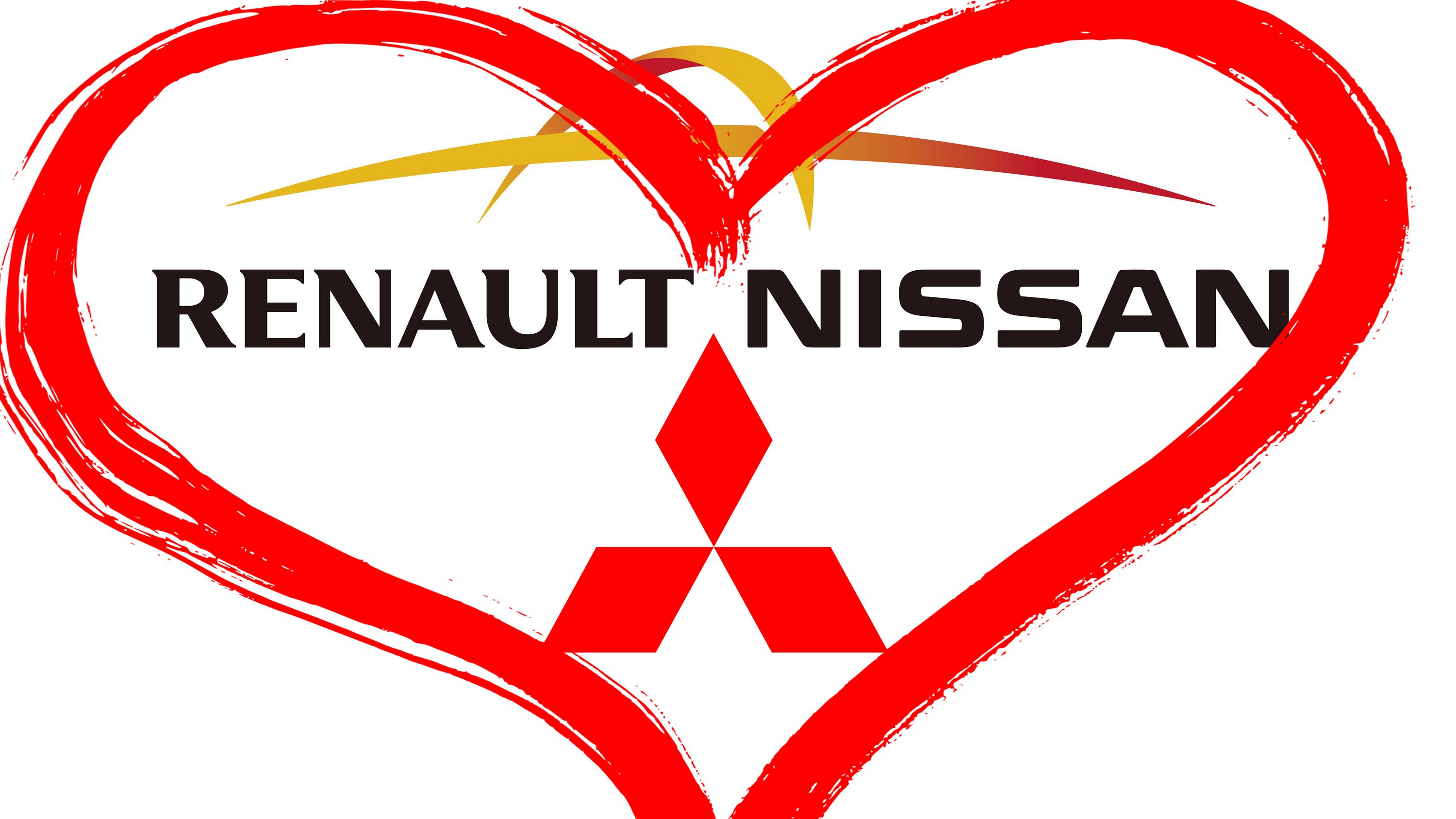Rumors of Mitsubishi being absorbed into the Renault-Nissan Alliance have been swirling around for a quite a few months, but a deal could could be struck by the end of 2016. That's the word from Renault-Nissan CEO Carlos Ghosn, who said that a "massive" business plan will be announced as soon as the group acquires a 34-percent ownership of the Japanese automaker.
The announcement was made at the 2016 Paris Motor Show, where Ghosn also said he is confident that legal and government authorities will approve the $2.2 billion transaction. According to him, the Renault-Nissan Alliance is already working on a thorough business plan that will be unveiled by the end of the year.
“This is not a deal where we say, ‘OK, we made the deal, now let’s think what we can do together,” he told reporters. “No. The day we announce the deal, we’re going to tell you exactly what we’re going to do together. And it’s massive. It’s massive between Mitsubishi and Nissan. And also, it may be very significant between Renault and Mitsubishi.”
The new Alliance will also impact how Nissan and Mitsubishi work in the U.S., but Ghosn didn't reveal specific details. "We will have to dig more in the U.S.,” he said. “But when you talk about purchasing, engineering, platforms, engines, plug-in hybrids — it’s massive."
The Renault-Nissan Alliance was founded in 1999 and it has since linked the two companies in vehicle development and management, bringing significant savings through platform and drivetrain sharing, among another shared strategies. It's not yet clear how Mitsubishi will function in this equation, but the Japanese company already has a cooperation agreement with Nissan in markets such as Japan and India.
Why it Matters?
Although it's too early to say how this new partnership will affect all three carmakers, the buyout comes at a time when Mitsubishi is struggling to stay afloat in several markets. Since April 2016, when it admitted to have manipulated test data to report higher fuel-economy figures on certain vehicles, Mitsubishi entered a new crisis that led to the resignation of its president. With its U.S. lineup down to only a handful of models and nothing but concept cars showcased at recent auto shows, it seems that the Japanese brand doesn't have a clear strategy for the future. This is where the Renault-Nissan Alliance could come in and provide Mitsubishi with the necessary tools to rebuild its global presence. It remains to be seen how the brand will benefit from the Alliance, but given that both Renault and Nissan have grown significantly since the partnership went into effect 17 years ago, Mitsubishi should enter a more successful era under Carlos Ghosn.
Read our full review on the 2016 Mitsubishi GT-PHEV Concept here.

